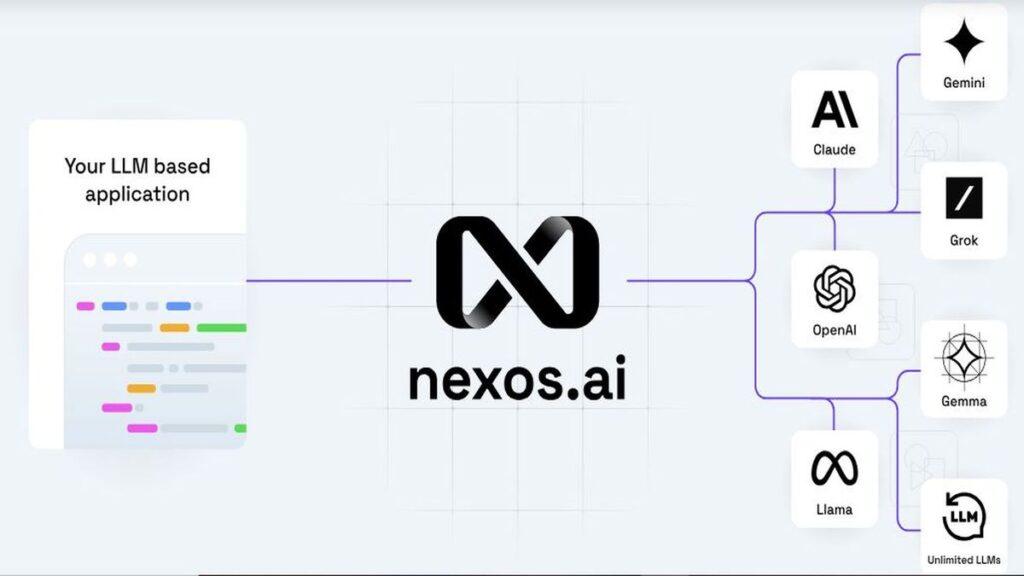- The team behind Nord Security, Tesonet, Hostinger, Oxylabs launches AI orchestration platform
- The orchestration platform aims to solve a major pain point by deploying AI LLMs at scale seamlessly
- $8 million raised to help companies deal with the growing number of LLMs, with more than 200 now supported
As AI tools rapidly evolve, companies face growing challenges in managing AI models, balancing costs and ensuring reliable performance.
Nexos.ai, a new unified AI orchestration platform from the founders of business VPN provider Nord, is designed to help enterprises deploy AI at scale by addressing these challenges; provides access to over 200 AI models to simplify their integration into the enterprise
The company has secured $8 million in funding from investors including Olivier Pomel, CEO of Datadog; Sebastian Siemiatkowski, CEO of Klarna; Ilkka Paananen, CEO of Supercell; and Avishai Abrahami, CEO of Wix.com.
Launch of Nexos.ai
Tomas Okmanas and Eimantas Sabaliauskas, co-founders of Nord Security and now Nexos.ai, faced challenges integrating AI across different companies, even after spending over $100,000 on large language models (LLMs) in some cases.
Feedback from businesses also revealed a lack of infrastructure capable of supporting scalable, high-quality and cost-effective AI applications. Nexos.ai also includes models from providers such as OpenAI, Google and Meta, to help companies manage their AI operations.
“Companies know that AI is an operational and competitive imperative, but they are drowning in the challenges of managing multiple models, controlling costs and ensuring accurate and reliable performance,” said Okmanas.
“At the same time, AI models are becoming increasingly autonomous and capable of handling complex tasks with minimal human intervention. We built nexos.ai to be the enterprise-grade platform that makes working with artificial intelligence as intuitive as working with humans teams – providing the infrastructure and oversight to ensure these models perform at their best while remaining cost-effective and secure.”
The platform, which is scheduled for release in early 2025, is already being tested by international companies to allow for automated customer support.



